Scots diagnosed two types of cancer during lockdown died three months earlier than those pre-Covid, a Dundee study has found.
Experts at Dundee University are some of the first to study the impact of the coronavirus pandemic on cancer survival rates.
They found patients diagnosed with gastric and oesophageal cancers in the six months prior to lockdown survived three months longer than those diagnosed between March and September 2020.
Oncology professor Russell Petty worked with colleagues at the university’s school of medicine to analyse 958 patients.
His work looked at diagnosis, treatment and outcomes for patients in the six months prior to and immediately following the announcement of the first lockdown.
Professor Petty found in the six months after the national lockdown was put in place patients were in a poorer condition, some requiring emergency care, by the time they sought medical help.
They also had more advanced cancers and were less likely to be suitable for treatment.
More of these patients received palliative care rather than curative, life-extending treatment and a poorer post-lockdown survival rate was recorded.
Professor Petty says this shows the importance of a quick diagnosis and treatment.
The study is to be published in the British Journal of Surgery.
Lockdown patients survive three months less, study finds
The Dundee University study showed, on average, post-lockdown patients survived three months less than those diagnosed pre-lockdown.
Prof Petty believes the delays came when patients attended their GP as no issues were identified after referral for diagnosis and treatment.
He said: “In many respects the pandemic allowed us to undertake an investigation we would never have wanted to do, namely asking what the impact of delaying cancer presentation is.”
GP waiting times could impact cancer diagnosis
The work also has relevance today amid growing waiting times for patients to see a GP.
He added: “We now have a clearer understanding of the importance of prompt diagnosis and the strongest evidence I have seen to date of the importance of ensuring timely cancer diagnosis and treatment.
“Our work starts to explain that delayed presentation of cancer patients to GPs as a key issue.
“This is topical given the current primary healthcare issues and cancer waiting times.”
Prof Petty says the true impact of the pandemic on cancer survival rates may not be understood for some years.
“What our work shows is with the less survivable cancer types like oesophageal and gastric cancer, where the impact would be expected to be seen quicker due to the natural course of the disease, then they are acting as an early warning signal.
“A true picture of how the pandemic impacted in more survivable cancer types will not be formed for some years yet.”
Kate Cunningham, campaign director of oesophageal cancer charity OCHRE, welcomed the report.
She said: “It is devastating to see that so many sufferers of this less survivable cancer have lost the chance to have life extending treatment.
“While hard to read, we hope that this report will bring about better awareness of symptoms and will encourage people to come forward in time for potentially curative treatment.
“Change is the least we can do for people diagnosed with this cancer of poor outcomes.”
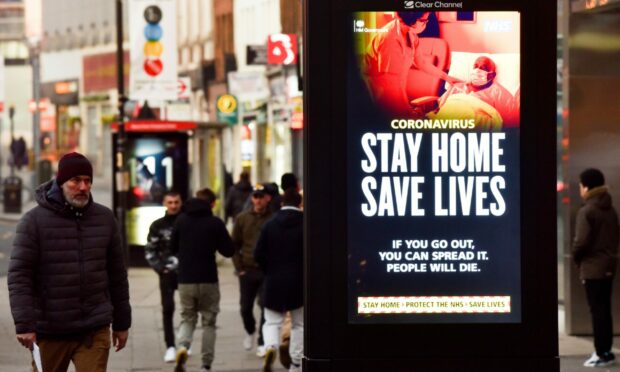
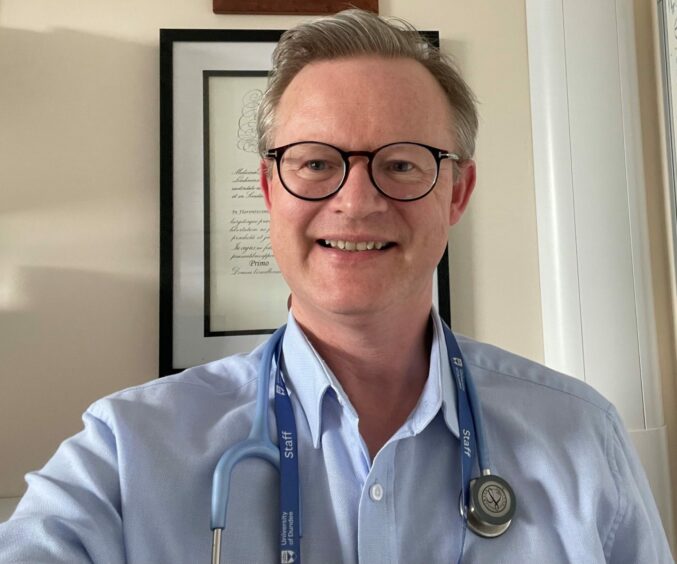
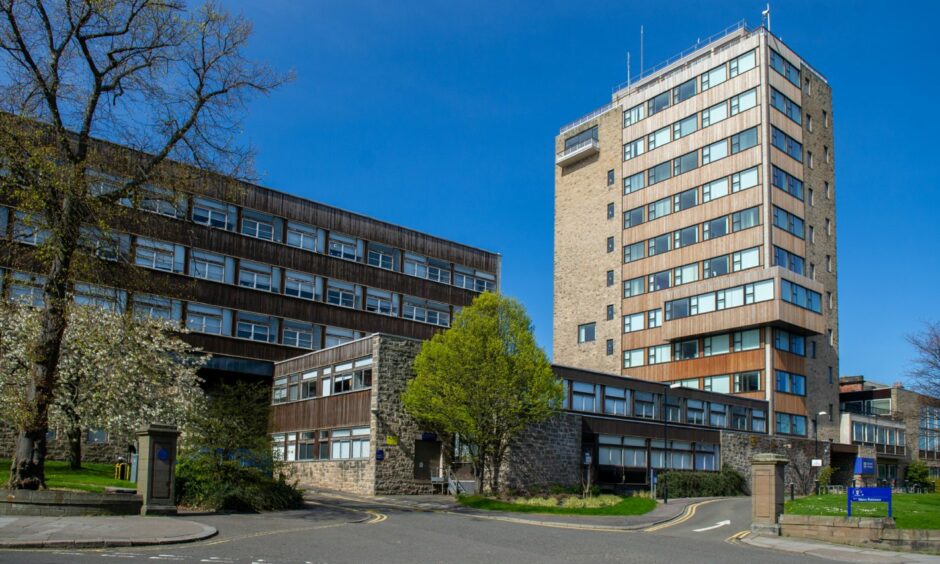



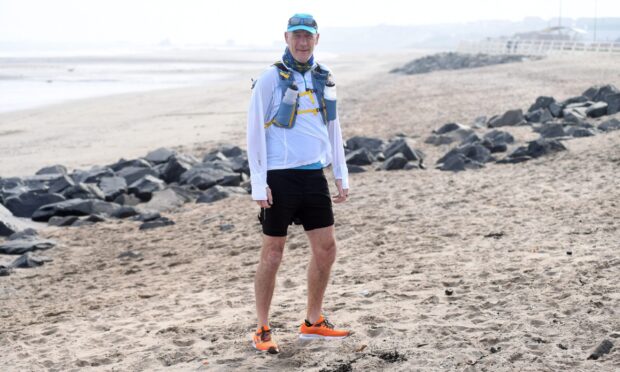
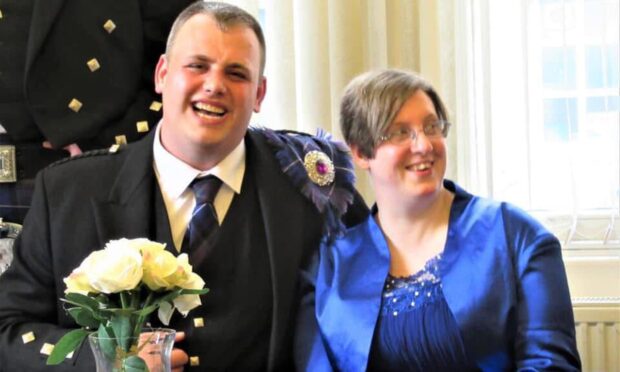
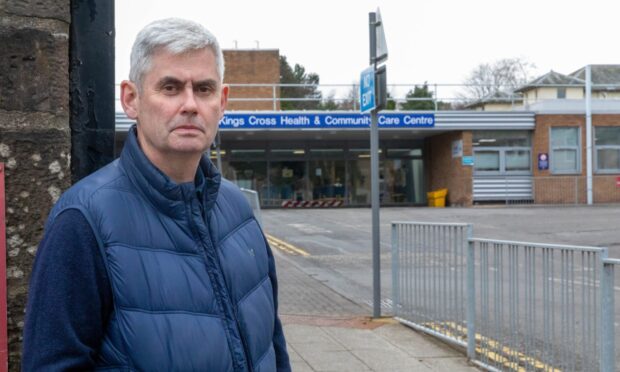
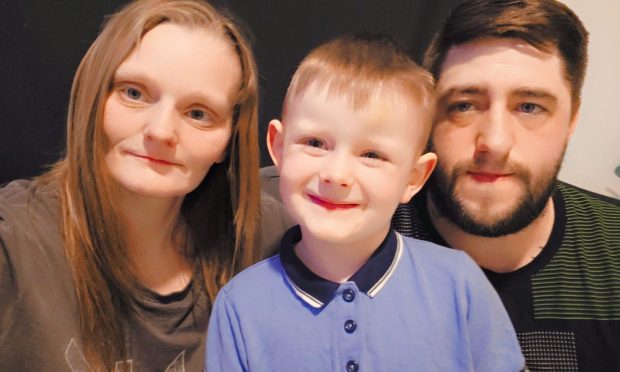
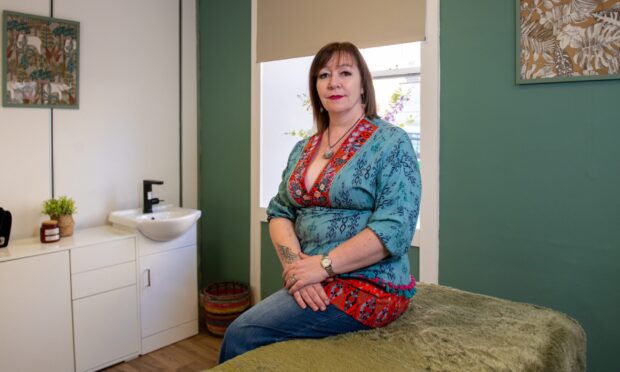
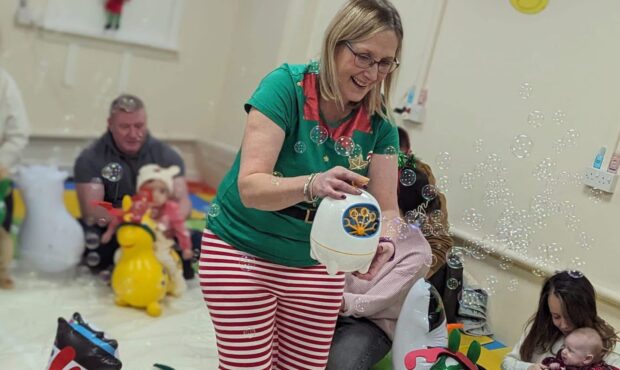

Conversation